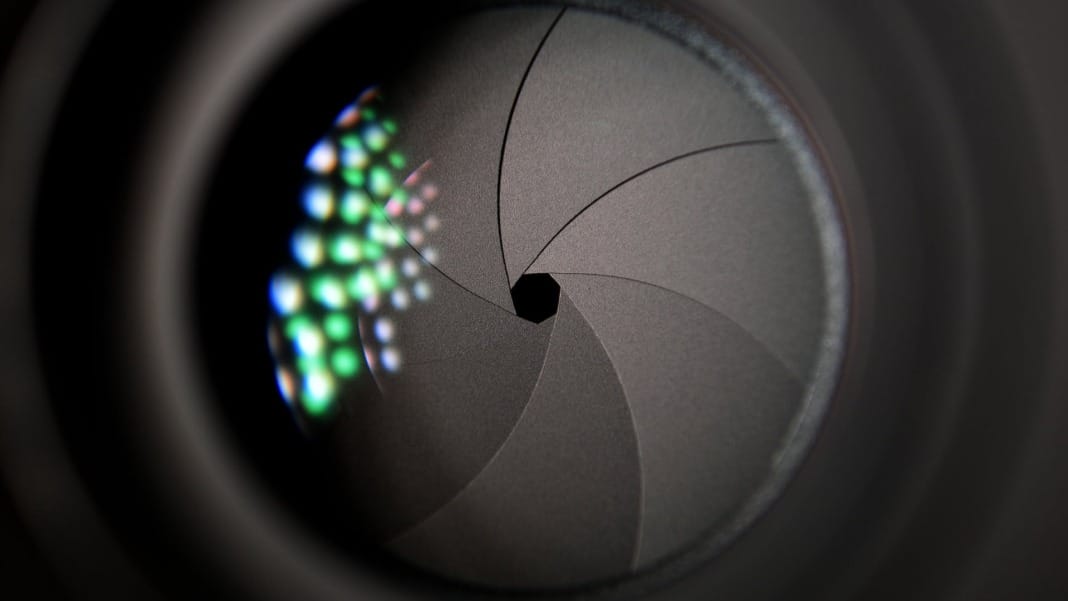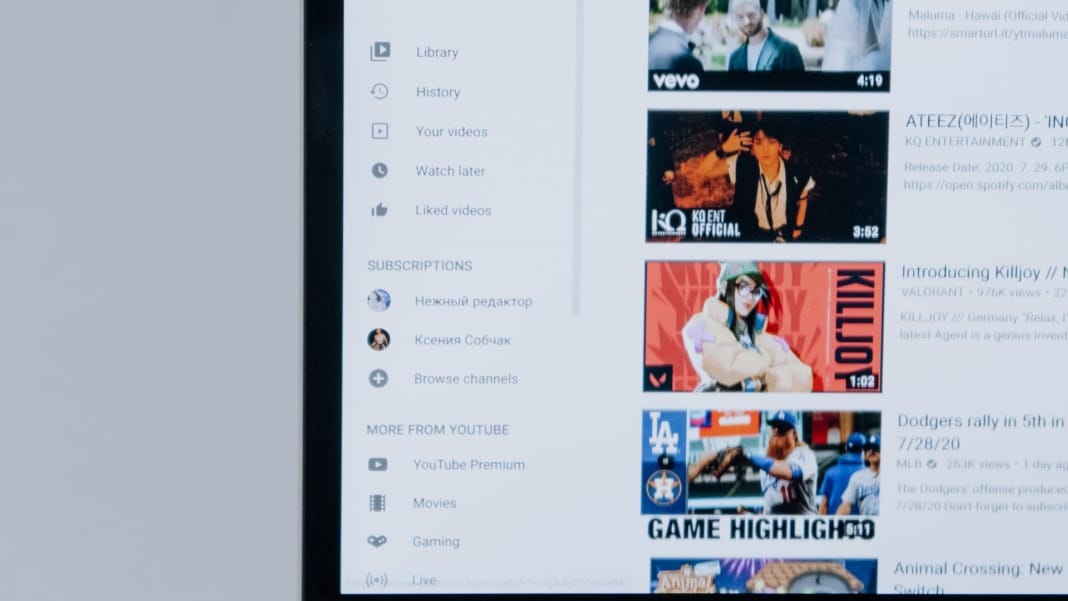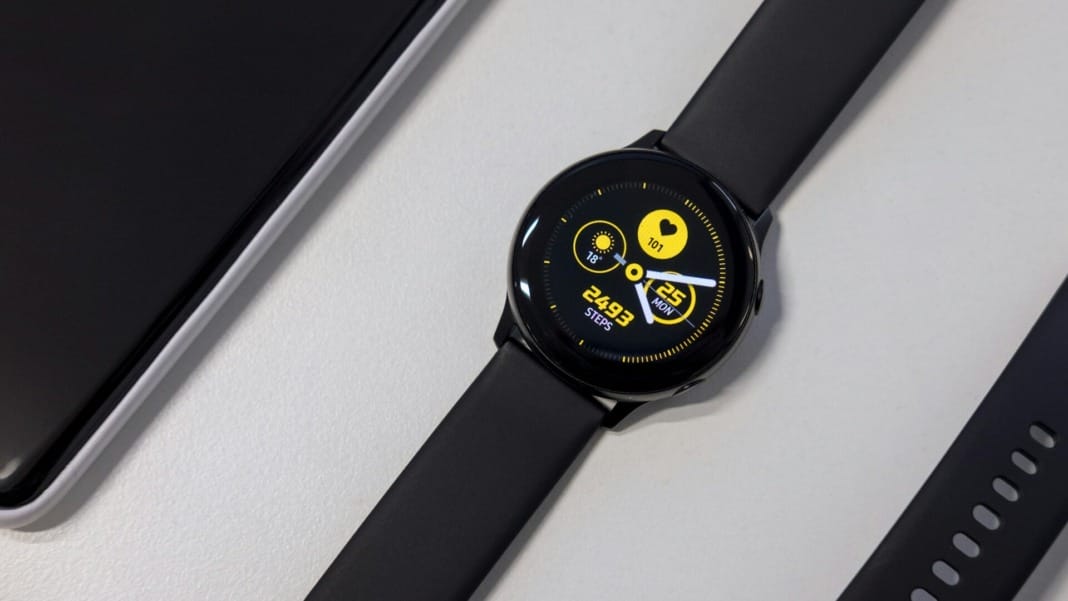In the dynamic world of smartphone technology, Glass emerges as a trailblazer with its groundbreaking AI-powered camera upgrade. This significant development, bolstered by a substantial investment of US$9.3 million, promises to revolutionize how users capture and interact with images on their mobile devices.
A breakthrough in image enhancement: Introducing GlassAI
Central to Glass’s innovation is GlassAI, a neural image signal processor (ISP) that represents a leap forward in image processing technology. Unlike conventional ISPs, GlassAI harnesses the capabilities of artificial intelligence to enhance image quality without introducing undesirable artefacts or distortions. By leveraging advanced restoration networks, GlassAI addresses optical aberrations, sensor issues, and noise, resulting in sharper, more vibrant images that are true to life.
GlassAI’s approach to image enhancement is distinguished by its focus on detail extraction from raw imagery instead of the generation of artificial elements. This ensures that the final output maintains authenticity and preserves the integrity of the original scene. Co-founder and Chief Technology Officer Tom Bishop emphasizes the significance of this approach, highlighting GlassAI’s superiority in fine texture recovery compared to traditional ISP pipelines.
Overcoming challenges in computational photography
The integration of AI into image processing introduces a range of complexities and challenges, with concerns surrounding image quality and reliability at the forefront. While some companies, such as Apple, have integrated AI into their camera systems, the implementation has often been selective, reflecting the cautious approach taken by industry leaders. GlassAI sets itself apart by offering an end-to-end solution that seamlessly integrates AI into the image processing pipeline, eliminating the need for additional post-processing steps.
Ziv Attar, Glass’s CEO, underscores the company’s commitment to innovation, noting GlassAI’s versatility across diverse camera setups. Unlike competitors, GlassAI’s training methodology, refined through the development of anamorphic lens systems, enables rapid adaptation to new devices. This agility and an automated training process significantly reduce the time required to optimize image quality, positioning Glass as a leader in mobile imaging technology.
Empowering users with enhanced photography
The impact of GlassAI extends beyond technical innovation, empowering smartphone users to capture memorable moments with unprecedented clarity and detail. GlassAI excels at producing sharp, vibrant images that surpass conventional ISP capabilities in low-light conditions or challenging environments. A comprehensive case study conducted on the Moto Edge 40 demonstrates the transformative effects of GlassAI, with images exhibiting remarkable improvements in clarity and texture.
Glass’s commitment to democratizing photography is further evidenced by its decision to offer GlassAI as a standalone product independent of its proprietary camera systems. This strategic move underscores Glass’s dedication to making cutting-edge technology accessible to a broader audience, regardless of their choice of smartphone device.
Looking ahead: The future of mobile imaging
As GlassAI makes its debut on the market, it heralds a new era in mobile imaging characterized by innovation, accessibility, and uncompromising quality. With the backing of leading investors and a growing network of partners, Glass is poised to redefine the boundaries of smartphone photography, setting new standards of excellence and pushing the limits of what is possible.





